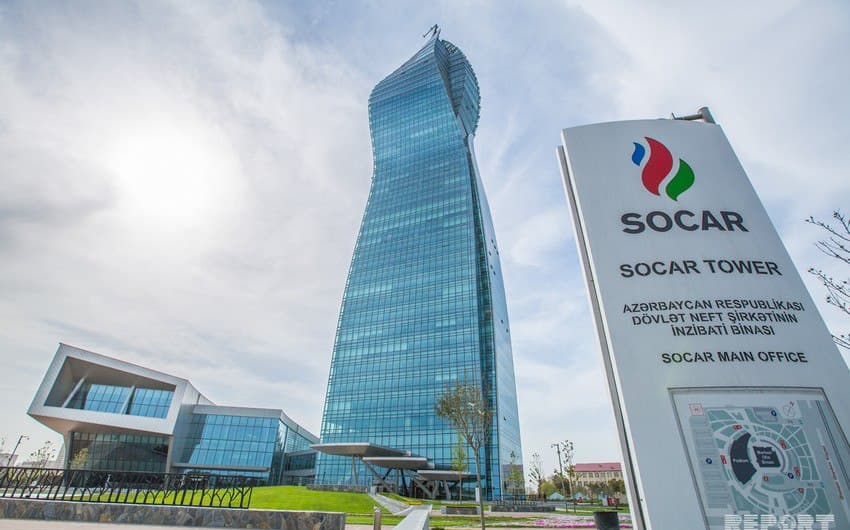BAKU
Fitch Ratings has affirmed Azerbaijan’s State Oil Company (SOCAR) long-term Issuer Default Rating (IDR) and senior unsecured rating at ‘BB+’, the outlook on the long-term IDR is “negative” and the recovery rating is ‘RR4’.
SOCAR is fully owned by the state and its rating is equalised with that of Azerbaijan (BB+/Negative) under Fitch’s Government-Related Entities (GRE) rating criteria.
“This is underpinned by state support provided to the company in the form of financial guarantees, cash contributions, and equity injections, as well as SOCAR’s social functions and its importance as a state vehicle for the development of oil and gas projects,” the agency said in a statement.
“We continue to assess SOCAR’s Standalone Credit Profile (SCP) at ‘b+’, with high leverage being the main constraint.”
Fitch said that SOCAR’s performance in the first half of 2020 was better than expected in our previous rating case, with broadly flat annual EBITDA, as weaker performance in the upstream segment was partially offset by stronger trading operations.
“We estimate 2020 EBITDA to have only moderately fallen year-on-year and should rebound in 2021, on stronger international oil prices and increased regulated fuel prices since January 2021,” the agency said.
Fitch said it expected funds from operations (FFO) net leverage to remain below 4.5x over 2021-2023, materially below our 6x downgrade sensitivity, and in line with the ‘b+’ SCP.
The ‘b+’ SCP of SOCAR takes into account its high leverage, but also its fairly high production (267,000 barrels of oil equivalent (boe) per day) and robust oil proved reserve life of 12 years. SOCAR’s unit profitability measured as consolidated FFO to total upstream production was healthy at USD20/boe in 2019, lower than that of integrated oil majors (e.g. Royal Dutch Shell plc, AA-/Stable, USD32/boe), which have stronger downstream divisions, and closer to that of Russian oil producers (e.g. PJSC Lukoil, BBB+/Stable, USD 20/boe). The upstream segment is SOCAR’s key profit driver.
As the IDR reflects the combination of the strength of state linkage and SOCAR’s SCP, deterioration of the SCP on a sustained basis may result in the IDR being notched down from the sovereign’s.
Most oil and gas projects in Azerbaijan operate under production-sharing agreements, in which SOCAR has a minority stake and where it also represents the state and is involved in marketing the latter’s share of crude oil and gas (profit oil). In addition, SOCAR has stakes in some other major energy projects promoted by the state, such as the Southern Gas Corridor (SGC).
Taxes paid by SOCAR, which employs more than 50,000 staff in Azerbaijan, accounted for almost 10 percent of government revenue in 2019. The state guarantees 9 percent of SOCAR’s debt and provides equity injections to cover cash deficits when needed.

